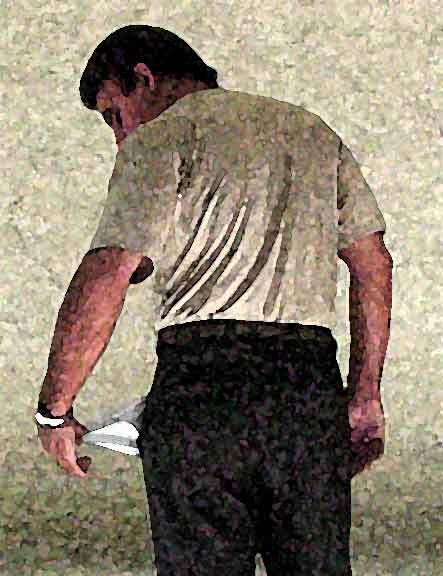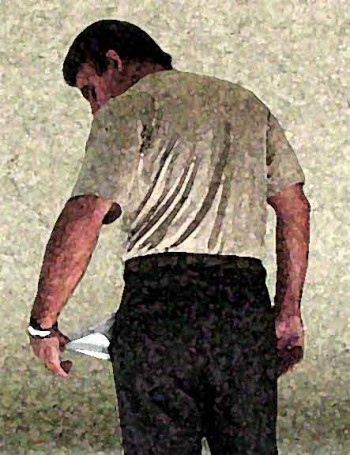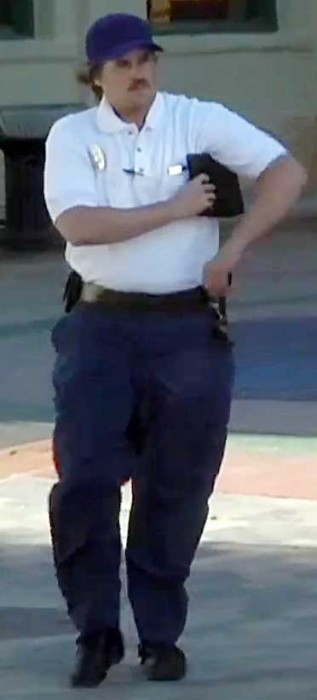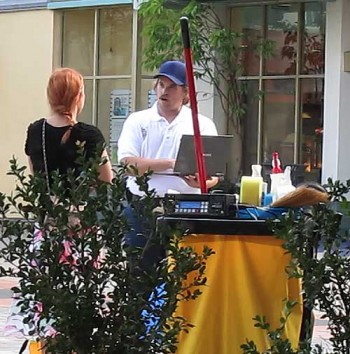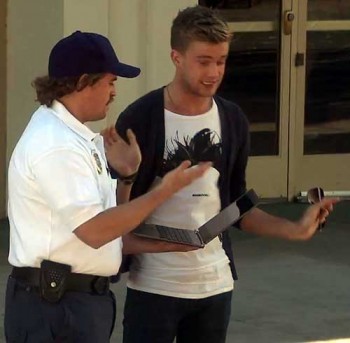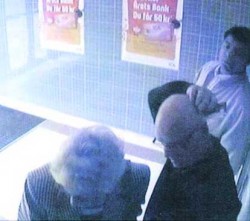Are you going to London for the Olympic games this summer? Are you going to Europe? Are you going anywhere? Bob Arno urges you to be on your toes for these five summer scams and ripoffs, all of which are significantly on the increase.
1. The old pickpocket trick.
Pickpocketing’s been around since loincloths got pockets, but it’s increasing drastically in London and all across Europe. It has become more organized, with gang leaders buying or leasing youngsters under the age of legal responsibility. These kids, under pressure to bring in their “quota,” are more desperate than ever and attempt more brazen thefts.
Remedy: Keep your valuables under your clothing and be extremely vigilant at ATMs. Be sure your Social Security number is not in your wallet.
2. The pigeon poop pickpocket trick.
It’s hard to turn away a kindly good samaritan who wants to help you with a real—and vile—problem. You’ve been dirtied with something disgusting—often “pigeon poop” and lately actual (human?) feces. The con artists who secretly put it on you (or their partners did) use the physical contact of cleaning you off to clean you out. They pick your pocket or, if you set down your bag, run off with it.
Remedy: Sadly, we just can’t trust strangers approaching out of the blue. Antennas up!
3. Smart phone theft.
Smart phones are five times more likely to be stolen than wallets or cameras. (iPads are equally attractive, though harder to steal.) More than 50% of thefts in European capitals this summer are expected to be of smart phones—unless you help change the trend.
Remedy: Don’t leave your phone on a restaurant table or in an easy backpack pocket. Be aware that they are often swiped right out of users’ hands. Try to limit the personal information stored in the phone, and use a passcode.
4. Fake cops.
Naturally, we respect authority. A subset of nasty thieves we call “pseudo-cops” exploit this tendency by flashing fake badges and demanding to examine your cash. They claim to be looking for victims of counterfeiters and will take your cash “for examination,” or take a portion of it without you noticing.
Remedy: Do not show your cash or wallet. Police officers do not check the cash of random passers-by. Ask to take a good look at his badge and police ID. A real cop won’t mind at all. A pseudo-cop will move on to a more gullible mark.
5. Fraudulent websites.
Opportunists are working overtime online offering bogus Olympic tickets and nonexistent accommodations in London. London Metropolitan Police recommend buying Olympic tickets only from the official site, and have reported dozens of known fraudulent websites selling tickets and accommodations.
Remedy: Buy Olympic tickets from official vendors only. Buy accommodations from known and trusted sites or travel agents. Use a credit card to pay for your tickets and accommodations.
For full explanations on thefts, cons, and scams, start at the Thiefhunters in Paradise summary page.

